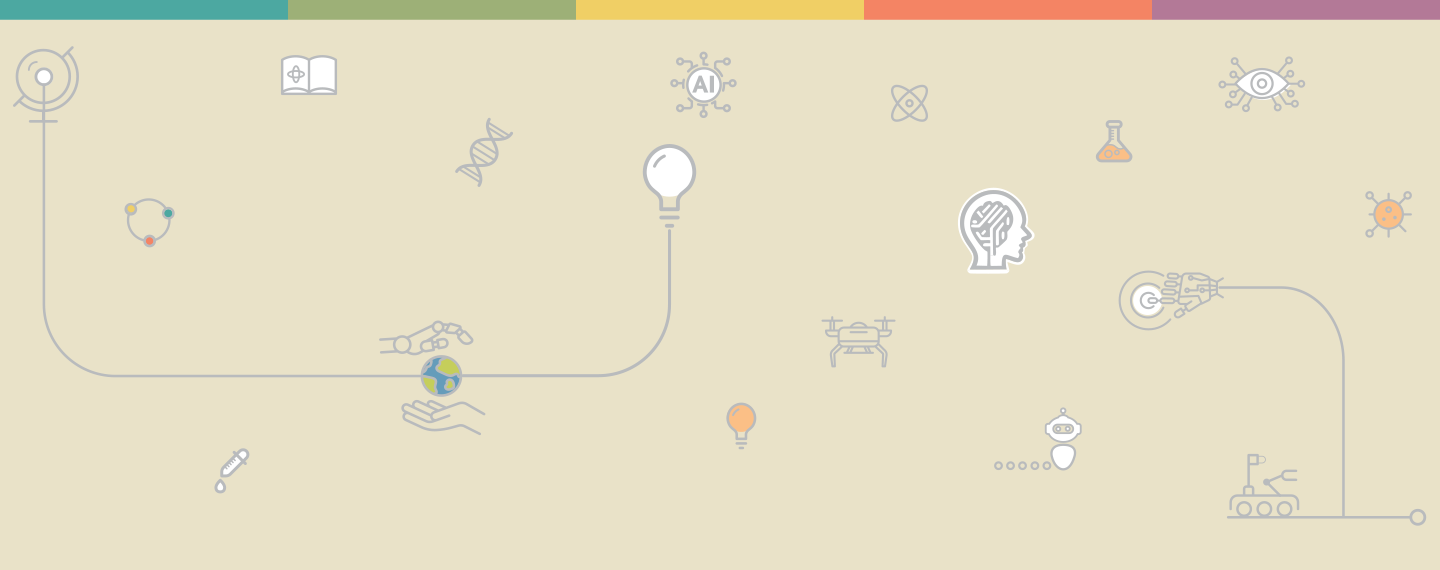Is AI for the Birds?

 AI, the Environment, and Sustainability
AI, the Environment, and Sustainability
By Ken Bagstad '99 (Research Economist, U.S. Geological Survey, Geosciences & Environmental Change Science Center, Denver, CO)
Climate change. Pollution. Extinction. The environmental effects of today's triple crisis are visible worldwide.
These challenges drive my work, which measures connections between the environment and economy, building tools for decision makers in businesses and governments around the world to better account for the value that nature provides to society. AI plays a growing role in that work, supporting conservation and the push toward sustainable economic development in myriad ways.
As in other fields, machine learning algorithms— the 800-pound gorillas of the AI world—enable sophisticated analysis of patterns in "big data" in the field of conservation and sustainability. Machine learning is applied to massive data sets that are far too complex for humans to analyze, but which highpowered computing systems can use to discern useful and important patterns.
Such analyses integrate diverse data sourced from satellites and drones, on-the-ground measurements, citizen science, social media, governmental statistics, and more. Machine learning supports environmental applications as diverse as tracking deforestation, reducing greenhouse gas emissions by improving the efficiency of the power grid, and deterring wildlife poaching and illegal fishing. Here in the United States, machine learning plays a frequent role as we work to create the nation's emerging system of environmentaleconomic statistics.
Other AI approaches hold promise, too. For instance, in my work on the Artificial Intelligence for Environment and Sustainability (ARIES) Project over the last 17 years, we've paired semantics—machinereadable labeling of scientific data and models—with machine reasoning—algorithms that enable computers to make choices in how to assemble those data and models. This lets us automate scientific workflows and deliver data to decision-makers with greater speed, quality, and transparency than previously possible.
For instance, we've partnered with the United Nations to develop AI-based tools that speed the rollout of new environmental-economic accounting systems globally. This ensures these accounting systems can be implemented by nations in the Global South that too often lack the resources for environmental monitoring, yet face significant environmental pressures as providers of much of the world's food and raw materials.
As in other fields, AI poses risks as well as benefits for environmental sustainability.
Greenhouse gas emissions from computing already exceed those from aviation, and they could grow rapidly in the coming decades. And the degree to which AI supports or undermines those on the front lines of environmental change—from indigenous communities to small island nations—will determine whether it can empower humanity's most vulnerable or simply serve entrenched interests.
In thinking about how AI will shape the workforce of tomorrow, my views have been shaped by the writing of Taiwanese AI expert Kai-Fu Lee. Lee suggests that the jobs most at risk of automation by AI are those centered on highly repetitive tasks, like assembly lines, and those requiring minimal direct interaction with other people.
Science is an interesting case here; parts of it are highly repetitive, while others are quite creative, and in terms of human interaction, the classic stereotype of the scientist as an introvert certainly carries a grain of truth! As a scientist, I am excited about the opportunities to delegate routine tasks to AI, enabling humans to work on more creative tasks, while better supporting stronger interactions with the public and decision makers.
At a time when public awareness and the capacity of AI are rapidly growing, it's important for students, recent graduates, and even those well established in the workforce to reflect on how they can pair AI with innately human strengths, like creativity and human interaction, to build durable and rewarding careers.
As an OWU graduate, I greatly appreciate how a scientific education grounded in the liberal arts contributes toward a career using AI to solve complex real-world problems in conservation and economic development in ways that best serve humanity.
